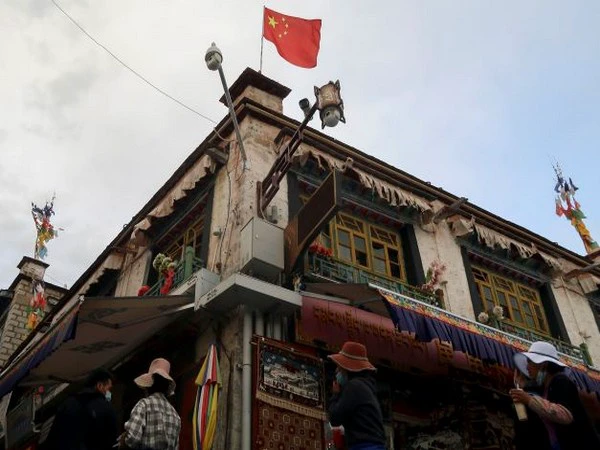China is set to develop its AI and Big Data capabilities and applications, which will strengthen the existing surveillance network in Tibet.
According to local media reports, it is the “first such centre at the regional level and a step toward big data integration and application sharing”.
In 2020, it declared that it is building the world’s highest-altitude cloud computing data centre in Tibet that “will meet the data storage needs of the country and South Asian nations like Nepal, Bangladesh and Pakistan”.
These mass DNA collection drives appear to be taking place in all seven prefectures or municipalities in the TAR, which covers the western part of the Tibetan plateau, observed HRW.
According to another report published in September by The Citizen Lab of the University of Toronto, Chinese authorities may have collected roughly between 919,282 and 1,206,962 DNA samples in areas of Tibet referred to by the Chinese government as the Tibet Autonomous Region since 2016.
The report found that Chinese officers visited fields, monasteries, residential neighbourhoods, businesses, and even schools to collect “pin-prick blood samples” from Tibetans, reported TRC.
The organisation also recently launched a campaign against the Chinese government’s aggressive DNA collection drive and Thermo Fisher’s involvement in the programme, reported TRC.
China’s State Council Information Office on Monday also issued a white paper titled “Jointly Build a Community with a Shared Future in Cyberspace”.
In 2019, Nikkei Asia had reported on how the major Chinese tech players are advancing into the region, seizing on the chance to market their artificial intelligence and big-data capabilities as the government seeks to encourage growth and tighten its grip on the area.

